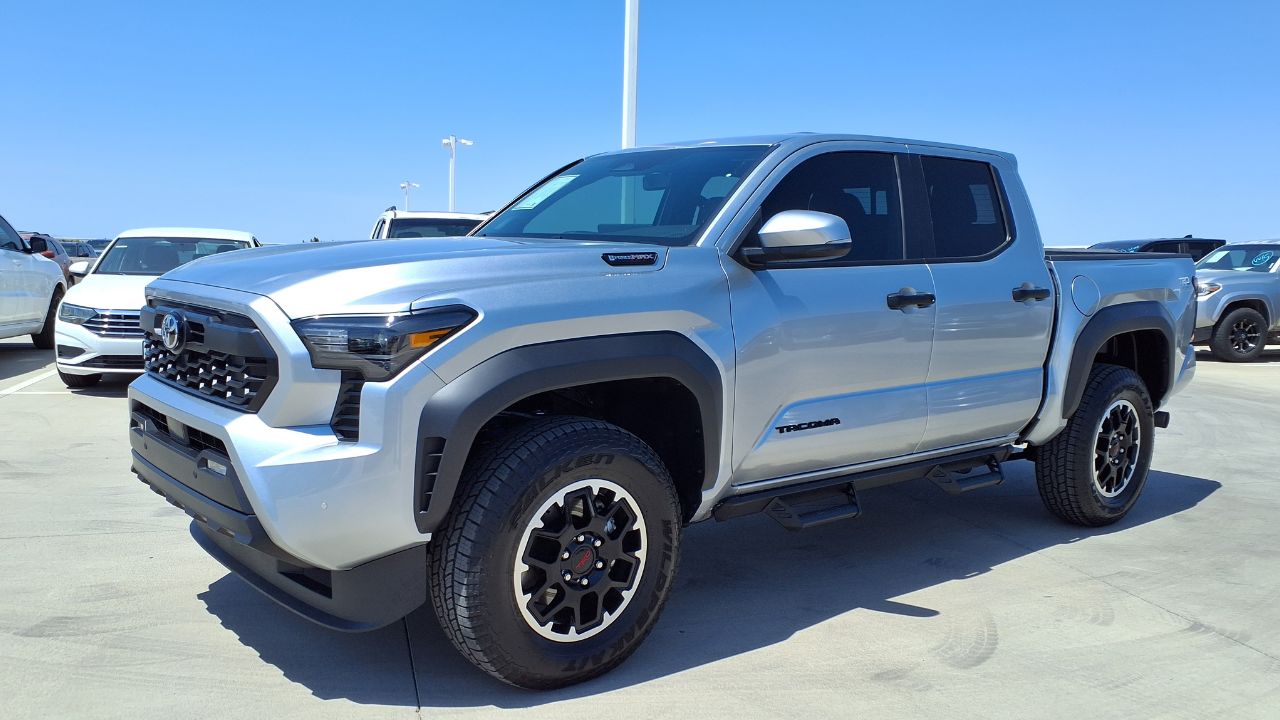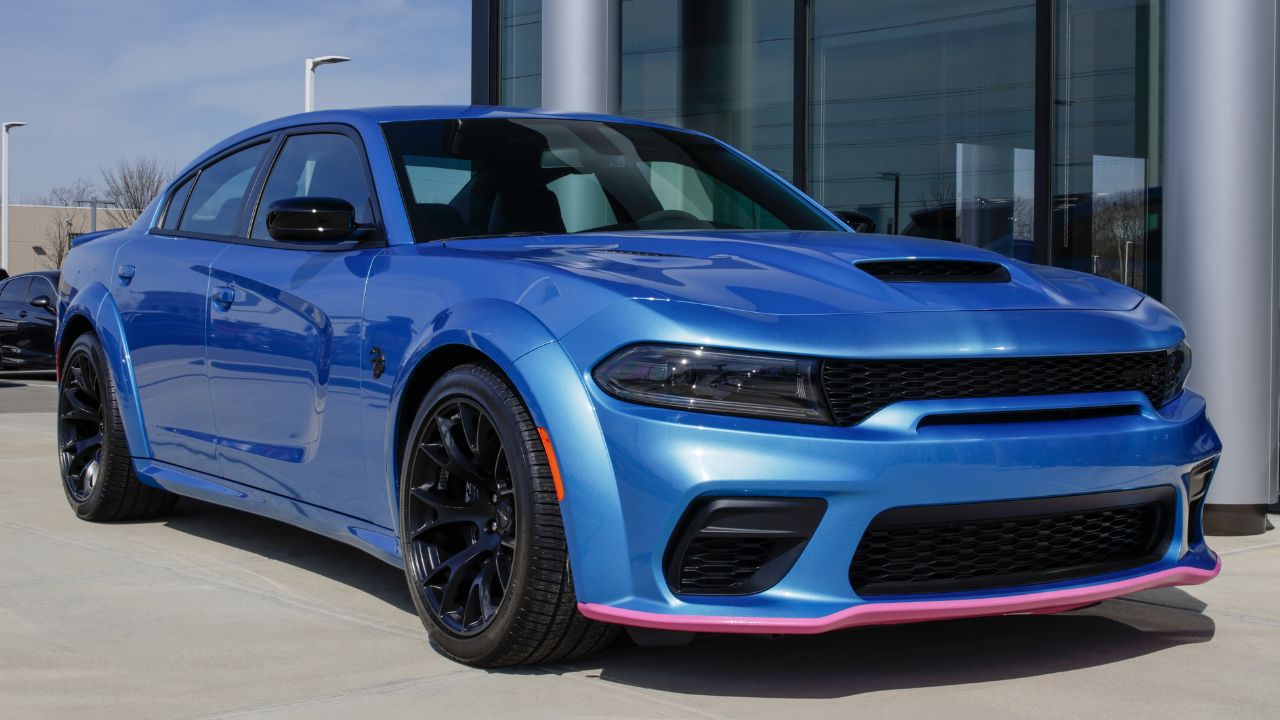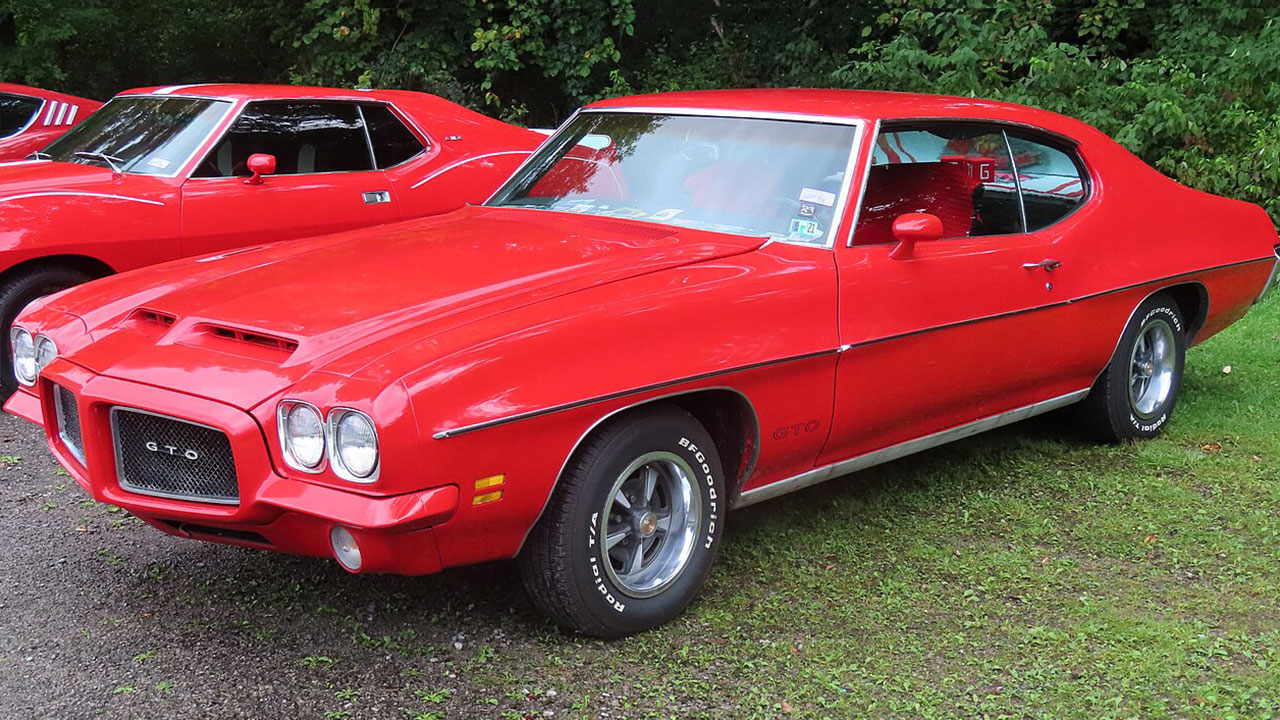The automotive market offers a wide array of choices when it comes to pickup trucks, with midsize and full-size options both vying for consumers’ attention. While full-size trucks often boast impressive power and capability, midsize pickups are increasingly being recognized for their reliability and versatility. Exploring the differences in reliability between these two popular truck categories can help potential buyers make informed decisions.
Midsize Pickup Truck Reliability
Design and Engineering
Midsize pickup trucks often benefit from a more compact and efficient structural design compared to their full-size counterparts. This compactness not only makes them easier to maneuver but also contributes to their reliability. For example, the 2023 Toyota Tacoma features a reinforced frame and an innovative suspension system, which enhance its durability in various terrains. These design considerations make midsize trucks like the Tacoma adaptable for both urban and off-road environments.
Recent advancements in engineering have also played a critical role in improving the longevity of midsize pickups. Manufacturers are increasingly using high-strength steel and aluminum in the construction of these vehicles, reducing weight while maintaining structural integrity. The 2022 Ford Ranger, for instance, utilizes a turbocharged engine that not only boosts performance but also extends the engine’s life by reducing stress on its components.
Durability and Longevity
Several components contribute to the long lifespan of midsize pickups, including robust transmissions and resilient suspension systems. The 2021 Chevrolet Colorado is praised for its durable drivetrain, which can endure the rigors of heavy towing and daily commuting alike. Such components are often the result of years of refinement and consumer feedback, leading to vehicles that remain dependable over time.
Customer reviews and industry reports consistently highlight the reliability of midsize trucks. For instance, the 2024 Honda Ridgeline frequently receives high marks for its low maintenance needs and overall reliability. Many owners report that these trucks withstand high mileage without significant issues, a testament to their robust engineering and quality manufacturing.
Maintenance and Repair Costs
The maintenance schedules for midsize pickups are generally straightforward, with routine services such as oil changes, brake inspections, and tire rotations being common. The 2025 Nissan Frontier, for example, has a maintenance plan that is both accessible and affordable, contributing to its reputation for reliability. The availability of parts for midsize trucks is typically high, which simplifies repairs and reduces downtime.
Repair costs are another factor where midsize pickups often have an advantage. The ease of accessing components due to their design reduces labor costs, making repairs less expensive. The 2020 GMC Canyon, known for its user-friendly design, often results in lower repair bills, further enhancing its appeal to budget-conscious consumers.
Full-Size Truck Options
Performance and Capability
Full-size trucks are renowned for their powerful performance metrics, often outpacing their midsize counterparts in towing and payload capacities. The 2022 Ford F-150, for instance, offers a variety of engine options that provide unparalleled power, making it a top choice for those needing to haul heavy loads. However, this performance comes with trade-offs, as the increased power can sometimes lead to higher wear and tear on the vehicle.
While full-size trucks offer impressive capabilities, reliability can sometimes be compromised by the very features that make them desirable. Larger engines and more complex systems can increase the likelihood of mechanical issues. The 2023 Ram 1500 addresses some of these concerns with innovative engine designs and improved materials, but buyers should still consider potential reliability trade-offs when opting for maximum performance.

Technological Advancements
The latest technological innovations in full-size trucks play a significant role in their appeal. The 2024 Chevrolet Silverado is equipped with advanced infotainment systems and driver assistance features, enhancing the driving experience. However, these technologies can also introduce complexity, potentially affecting reliability if not properly maintained.
While tech features in full-size trucks such as the 2025 GMC Sierra can enhance safety and convenience, they also require regular updates and maintenance. Issues with software or electronic components can arise, impacting the overall reliability of the vehicle. Thus, while technology adds value, it can also complicate the ownership experience if not managed properly.
Cost Considerations
The initial purchase price of full-size trucks often exceeds that of midsize options, reflecting their increased size and capability. For instance, the 2026 Toyota Tundra offers a range of features and performance capabilities, but this comes with a higher price tag. Long-term costs, including insurance and maintenance, are also typically higher for full-size trucks.
Fuel efficiency is another critical factor in the cost of owning a full-size truck. Models like the 2021 Ford F-250, while powerful, tend to consume more fuel, impacting the overall cost of ownership. Buyers must weigh these factors against the benefits of increased performance and capability to determine if a full-size truck is the right choice for their needs.
Consumer Preferences and Market Trends
Shifting Buyer Priorities
Consumer preferences are shifting, with many buyers now prioritizing fuel efficiency and environmental impact over sheer power. The 2023 Nissan Frontier, a midsize option, reflects this trend with its improved fuel economy and lower emissions. As environmental concerns grow, more consumers are considering the long-term impact of their vehicle choices, influencing the market demand for more efficient trucks.
Market trends show a growing interest in midsize pickups, often driven by urban buyers seeking practicality over size. Full-size trucks like the 2024 Ram 1500 still maintain a strong presence in rural and commercial markets, where their capabilities are most needed. Nevertheless, the balance of power and efficiency continues to sway consumer decisions, highlighting a dynamic market landscape.
Brand Perception and Loyalty
Brand reputation plays a crucial role in consumer trust and purchasing decisions. For instance, the Toyota Tacoma has garnered a loyal following due to its consistent reliability and performance. Consumers often gravitate toward brands with a strong track record, which can significantly influence buying behavior.
Brand-specific reliability ratings further impact consumer loyalty. The 2022 Chevrolet Silverado, for example, has been noted for its improvements in reliability, drawing previous customers back to the brand. Strong after-sales support and proven reliability can foster customer loyalty, ensuring repeat business and brand advocacy.
Like Fast Lane Only’s content? Be sure to follow us.
Here’s more from us:
*Created with AI assistance and editor review.







Leave a Reply